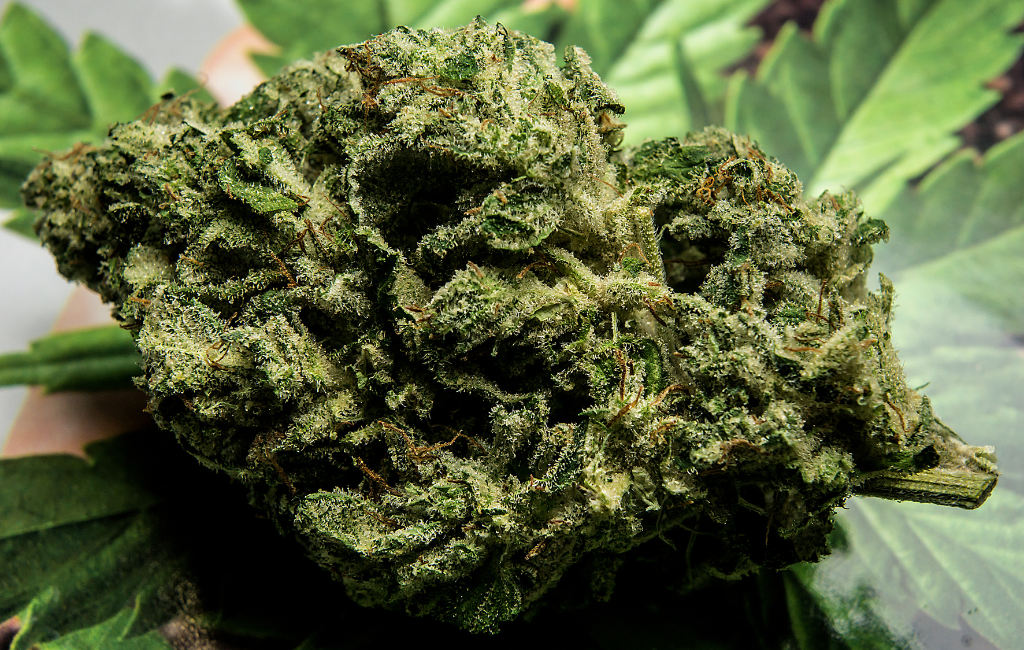Cannabis culture has evolved significantly over the years, transforming from a countercultural movement into a mainstream phenomenon. This shift has not only influenced societal norms but has also fostered a sense of community and heightened consciousness among its enthusiasts. This article explores the multifaceted aspects of cannabis culture, examining its impact on community building and consciousness elevation.
The Historical Roots of Cannabis Culture
Cannabis has been used for thousands of years, with its roots tracing back to ancient civilizations. It was revered for its medicinal properties and spiritual significance. In ancient China, it was used for pain relief and as an anesthetic. In India, it played a role in religious rituals and was considered a sacred plant.
The 20th century saw cannabis becoming a symbol of counterculture, particularly during the 1960s and 1970s. The plant was associated with the hippie movement, which advocated for peace, love, and freedom. This era laid the groundwork for the modern cannabis culture we see today.
The Modern Cannabis Community
A Diverse and Inclusive Space
The contemporary cannabis community is diverse, encompassing people from various backgrounds and walks of life. This inclusivity has fostered a sense of belonging among its members, who often share common values and interests.
- Social Clubs and Gatherings: Cannabis social clubs have emerged as popular venues for enthusiasts to connect and share experiences. These clubs provide a safe space for individuals to consume cannabis and engage in meaningful conversations.
- Online Communities: The internet has played a significant role in connecting cannabis enthusiasts worldwide. Online forums, social media groups, and dedicated websites offer platforms for discussions, knowledge sharing, and support.
Cannabis and Social Activism
Cannabis culture has a strong connection to social activism. Advocates have long fought for the legalization and decriminalization of cannabis, highlighting its potential benefits and challenging outdated stereotypes.
- Legalization Efforts: Many countries and states have legalized cannabis for medical and recreational use, thanks in part to the tireless efforts of activists. This shift has not only changed legal frameworks but has also influenced public perception.
- Social Equity Programs: Some regions have implemented social equity programs to address the historical injustices faced by marginalized communities due to cannabis prohibition. These programs aim to provide opportunities for those disproportionately affected by the war on drugs.
Cannabis and Consciousness
Enhancing Mindfulness and Creativity
Cannabis is often associated with heightened states of consciousness, offering users a unique perspective on their thoughts and surroundings. Many individuals report increased mindfulness and creativity when using cannabis.
- Mindfulness Practices: Some people incorporate cannabis into their mindfulness routines, using it as a tool to deepen meditation and enhance self-awareness.
- Creative Expression: Artists, musicians, and writers have long used cannabis to tap into their creative potential. The plant is said to inspire new ideas and break down mental barriers.
Spiritual and Therapeutic Uses
Cannabis has been used for spiritual and therapeutic purposes for centuries. Its ability to alter consciousness has made it a valuable tool in various spiritual practices.
- Spiritual Rituals: In some cultures, cannabis is used in religious ceremonies to facilitate spiritual experiences and connect with higher powers.
- Therapeutic Benefits: Research has shown that cannabis can have therapeutic effects, helping individuals manage stress, anxiety, and other mental health conditions.
Case Studies: Cannabis Culture in Action
The Amsterdam Experience
Amsterdam is often considered a hub of cannabis culture, attracting tourists from around the world. The city’s famous coffee shops offer a unique environment where people can consume cannabis legally and socialize with others.
- Cultural Impact: Amsterdam’s cannabis culture has influenced global perceptions of the plant, promoting a more open and accepting attitude.
- Economic Benefits: The cannabis industry has contributed significantly to the local economy, creating jobs and generating revenue through tourism.
The Rise of Cannabis Festivals
Cannabis festivals have become popular events, celebrating the plant and its culture. These festivals offer a platform for education, entertainment, and community building.
- Educational Opportunities: Attendees can learn about the latest developments in cannabis research, cultivation, and consumption methods.
- Community Engagement: Festivals provide a space for like-minded individuals to connect, share experiences, and celebrate their shared passion for cannabis.
The Future of Cannabis Culture
As cannabis continues to gain acceptance worldwide, its culture will likely evolve further. The future holds exciting possibilities for community building and consciousness elevation.
- Technological Advancements: Innovations in cannabis cultivation and consumption methods will shape the future of the industry and its culture.
- Global Acceptance: As more countries legalize cannabis, the plant’s cultural significance will continue to grow, fostering a global community of enthusiasts.
Conclusion
Cannabis culture has come a long way from its historical roots, evolving into a diverse and inclusive community that values consciousness elevation and social activism. Through social clubs, online communities, and festivals, cannabis enthusiasts have created spaces for connection and growth. As the world continues to embrace cannabis, its culture will undoubtedly play a significant role in shaping societal norms and fostering a sense of community and consciousness.
